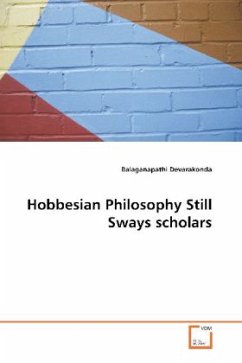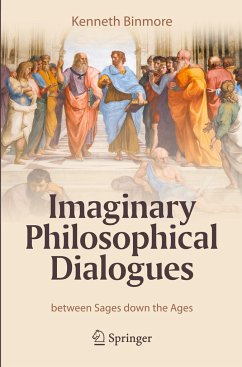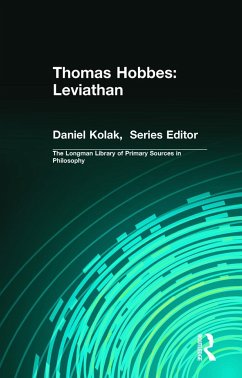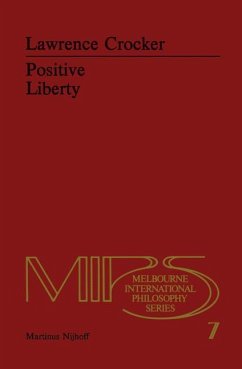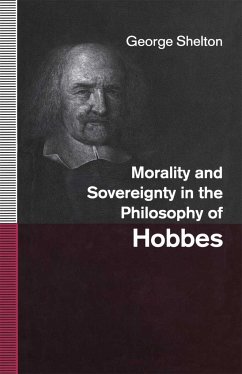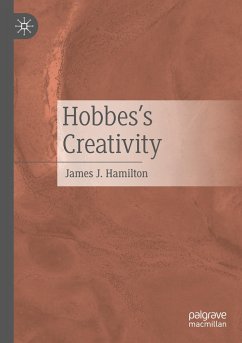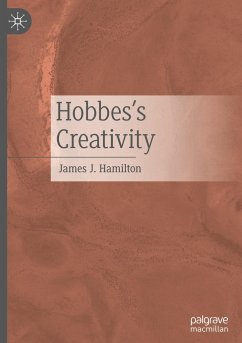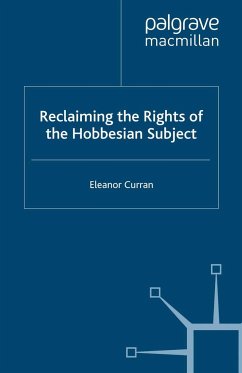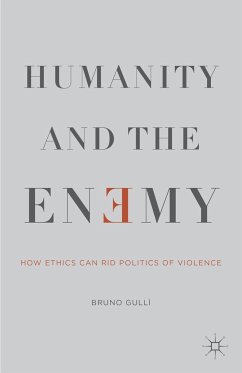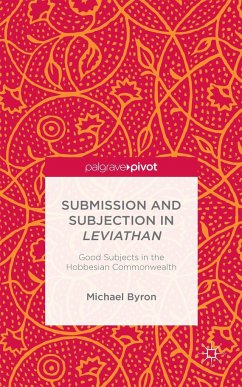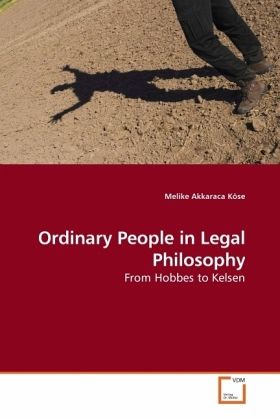
Ordinary People in Legal Philosophy
From Hobbes to Kelsen
Versandkostenfrei!
Versandfertig in 6-10 Tagen
39,99 €
inkl. MwSt.

PAYBACK Punkte
20 °P sammeln!
This book aims to discuss the place of ordinary people as to law and legislation in the history of legal philosophy. It analyzes the limits of ordinary people-law relation and the justifications implicitly or explicitly asserted for these limits. The book's core quest is to find out the reasons for diverging viewpoints about legislative capacities of ordinary men, especially as a meeting point of descriptive and prescriptive arguments. Even the most descriptive theories have some implicit assumptions about how ordinary people-law relation can be. In this sense, none of these theories presents ...
This book aims to discuss the place of ordinary people as to law and legislation in the history of legal philosophy. It analyzes the limits of ordinary people-law relation and the justifications implicitly or explicitly asserted for these limits. The book's core quest is to find out the reasons for diverging viewpoints about legislative capacities of ordinary men, especially as a meeting point of descriptive and prescriptive arguments. Even the most descriptive theories have some implicit assumptions about how ordinary people-law relation can be. In this sense, none of these theories presents a value-free definition of law since their concept of law contains elements about how law ought to be, in contrast to a defined human nature. Therefore, the author intends to deconstruct the reasoning that leads a given thinker to a particular concept of law; to explore the dynamic relation of the presumptions and definitions, which determines the role of ordinary people in law-making inthe theory. This book will be of interest to scholars and students of legal and political philosophy. With its reader-friendly and explanatory text, it may appeal to non-specialist readers, as well.



